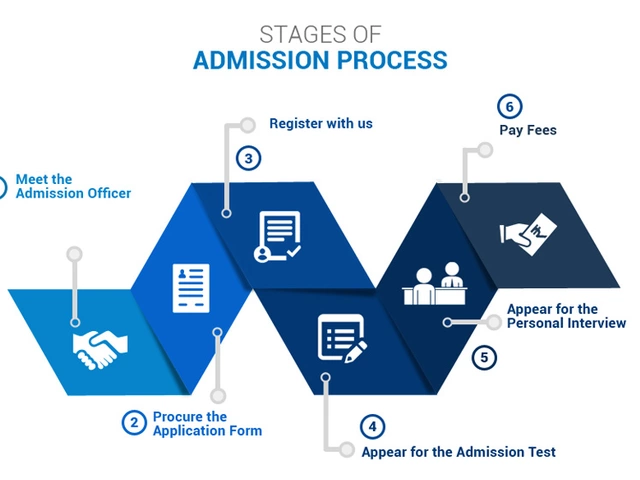Canadian coaching industry: what’s happening now
Want to build a coaching business in Canada or understand the market? The Canadian coaching industry grew fast after the pandemic as people and companies look for support with change, leadership, and mental wellness. That created real chances for life, executive, career and wellness coaches. This guide breaks down where demand is, how much coaches earn, and clear steps to start earning clients.
Where the demand is
Big cities lead the way. Ontario (Toronto and Ottawa), British Columbia (Vancouver), Alberta (Calgary, Edmonton) and Quebec have the most openings for corporate and private coaching. Why? Companies in those regions hire executive and leadership coaches more often. Outside cities, demand is rising for career and wellness coaching as remote work blurs life and work boundaries.
Which niches move fastest? Executive coaching for mid-to-senior managers, career transition coaching for tech and finance workers, and wellness coaching tied to stress and burnout. Niche down—pick one area you can speak confidently about, and you’ll get traction faster.
How coaches get paid and what to expect
Pricing varies a lot. New coaches often charge between CAD 50–150 per hour for individual sessions. Experienced or corporate coaches can charge CAD 200–600+ per hour or retainer fees for ongoing work. Many coaches combine hourly rates, packages (e.g., 3 months), and corporate contracts.
Don’t rely only on hourly calls. Workshops, group coaching, and online courses boost income and reach. Put together a simple pricing menu: single session, 3-session package, and a 3–6 month program for better cash flow.
Certification helps, but it isn’t everything. An ICF (International Coaching Federation) credential is respected by companies and can open doors for corporate work. Practical experience, clear client results, and testimonials matter more to many buyers. Consider a short credential for credibility, then focus on case studies and referrals.
Legal and business basics matter. Register your business (sole proprietor or corporation), set up simple bookkeeping, and learn how HST/PST works in your province. Get basic professional liability insurance if you work with corporations or handle sensitive client issues.
Quick start plan: 1) Pick a niche you know well. 2) Get one credible certification or training. 3) Create a simple one-page offer. 4) Run free or low-cost workshops to get testimonials. 5) Ask for referrals and target HR leaders in local companies. Repeat and scale with group programs.
Want more practical tips like sample pricing or a checklist to reach your first paying client? Save this page and check out local coaching meetups—real conversations lead to contracts faster than perfect websites.

Do you need to be certified to become a life coach in Canada?
Hey there! In this post, we'll dig into the question, "Do you need to be certified to become a life coach in Canada?" If you're thinking about starting a career in life coaching, this article will give you a thorough understanding of the requirements in Canada. Together, we'll explore the Canadian coaching industry, certification processes, and what it means for your life coaching career. So buckle up and let's get started, shall we?
CONTINUE READING



